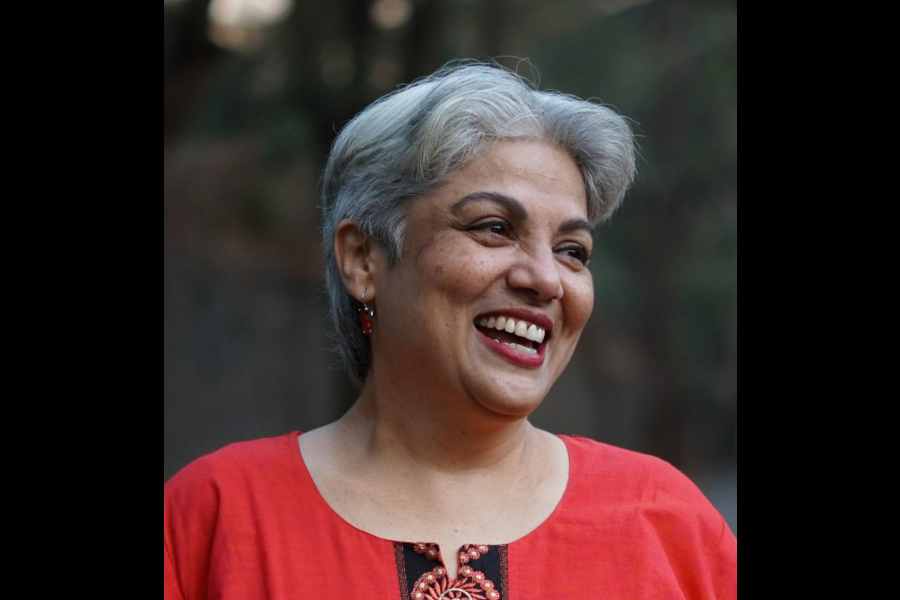Shubha Tole — a Mumbai scientist who has helped decipher genetic mechanisms underlying brain structures that control emotions, language and memory — is set to become the next president of the International Brain Research Organisation (IBRO), a global association of neuroscience societies.
The IBRO governing council, representing 69 scientific societies from 57 countries, has elected Tole — a professor in the biological sciences department of the Tata Institute of Fundamental Research (TIFR), Mumbai — as the IBRO president, the association announced on Tuesday.
Tole will join the IBRO advisory board with an elect status for one year on January 1, 2025, and assume her role as president from January 1, 2026, until December 31, 2028. The other newly elected officers are Joao Relvas from Portugal as secretary-general and David Belin as treasurer.
Across the neuroscience community and in broader science circles, Tole is recognised for both her research achievements and her efforts at mentoring young scientists and faculty, promoting diversity and inclusion, and articulating concerns about key issues important for Indian science to thrive.
She has pushed funding agencies to provide technical support for pregnant post-doctoral researchers during their year of maternity leave, raised awareness about sexual harassment in Indian science, and written about how Indian societal norms constrain women in science and technology fields.
“As IBRO’s first president-elect from the developing world, I look forward to furthering IBRO’s efforts towards diversity, equity and inclusion. My experience of running a neuroscience research lab in a developing country for 25 years, interacting with colleagues, students, and post-doctoral researchers, facing challenges and addressing problems gives me a perspective that I will bring to this position,” Tole told The Telegraph on Tuesday.
Tole, who received her PhD at the California Institute of Technology, has been at the TIFR since 1999. She leads a research lab which was the first in India to explore the development of the vertebrate brain using genetic engineering tools.
Work in her lab has contributed to a better understanding of how the brain’s structure and circuitry form in the embryo and unravelled key genetic mechanisms that control the development of structures such as the hippocampus, cortex, and amygdala. The hippocampus and cortex are involved in learning and memory, among other functions, while the amygdala plays a key role in processing emotions.
In the most recent work in the lab, Tole's PhD student Mahima Bose discovered that a gene underlying an autism spectrum disorder is critically required in stem cells in the brain to permit them to produce neurons. In the absence of the gene, the same mother cells produce so-called glial support cells. Their work has uncovered the gene's function to put a break on glial cell production by stem cells until they have produced the required number of neurons.
Tole, who won the Shanti Swarup Bhatnagar Prize in 2010 and the Infosys Science Foundation prize in 2014, has chaired the women in science committee of the Indian Academy of Sciences and contributes to a network that advocates for diversity in neurosciences.










